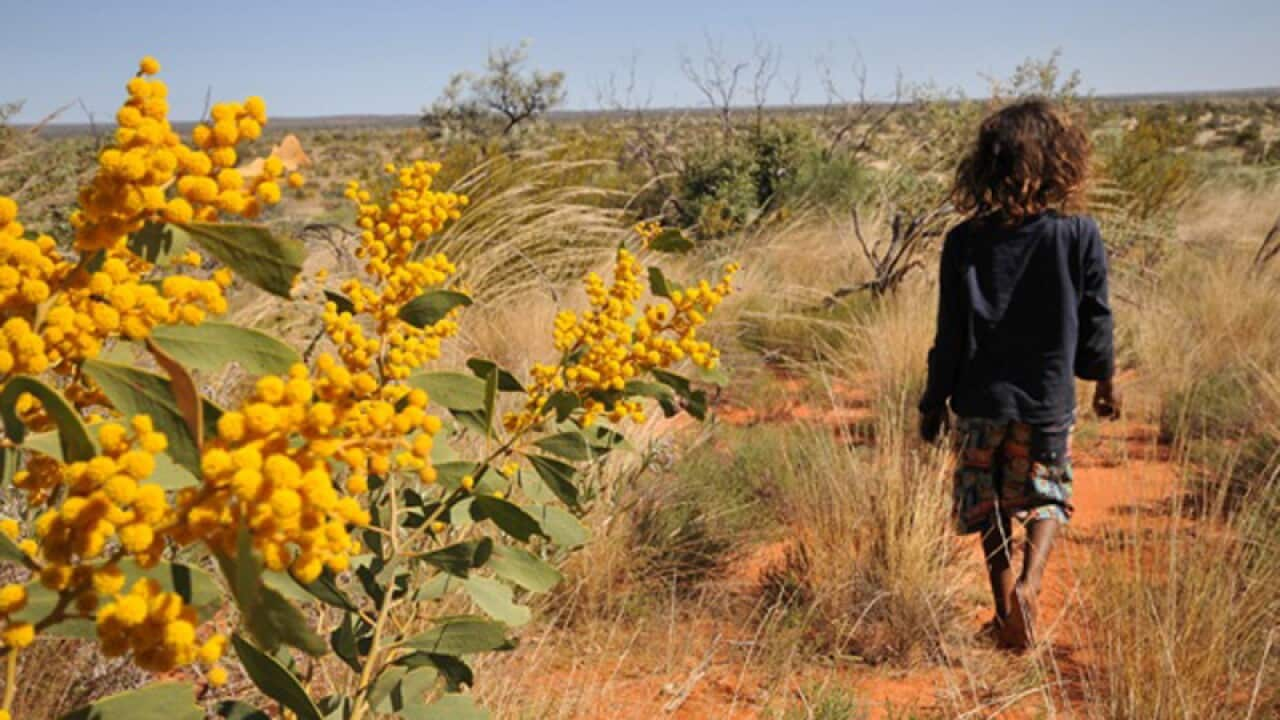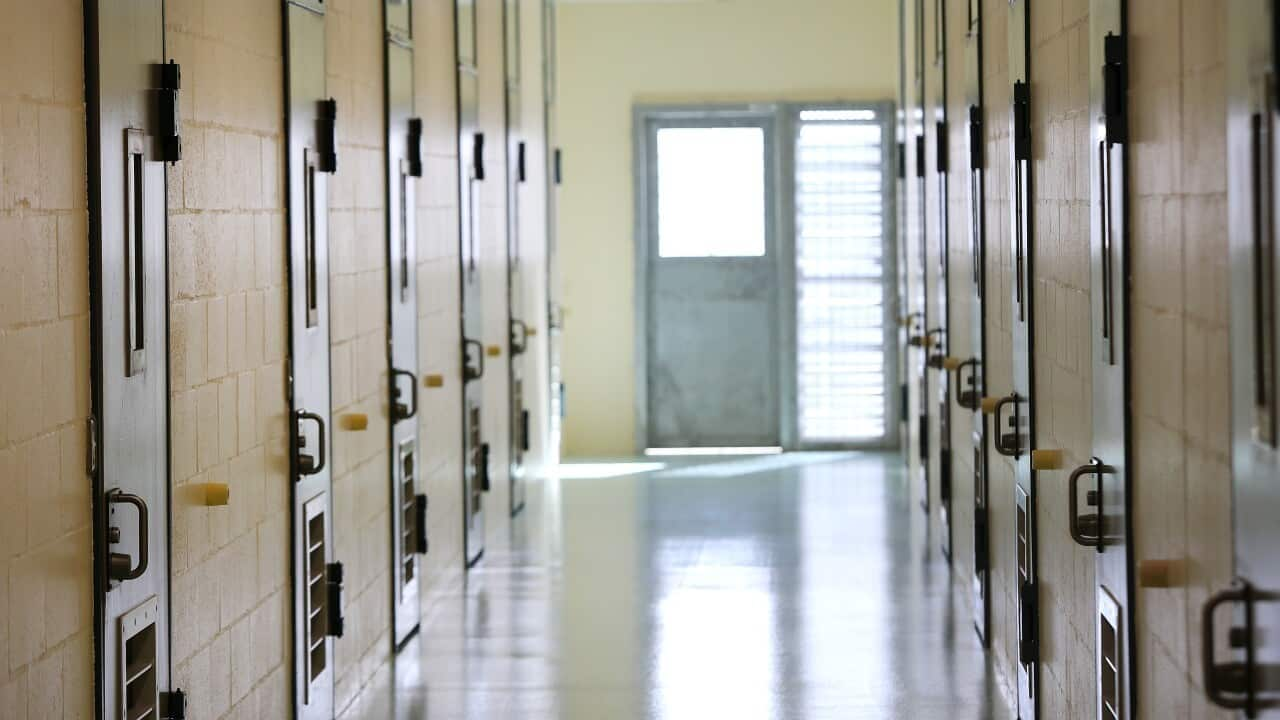Despite all the good work done by many in saving lives, the suicide toll for the most elevated risk groups is on the increase. For Aboriginal and Torres Strait Islanders, this means the most vulnerable: individuals removed as children from their families, former inmates, the homeless and families evicted from public housing. Individuals who have been removed as children from their families endure the highest rates of high-end depression, attempted suicides and suicide.
The official suicide toll of Aboriginal and Torres Strait Islanders is over 5 per cent. Many in the field believe the real figure is around 10 per cent.
When children are removed from their families because of alleged exposure to violence, dysfunction and other perceived deviant behaviour, they are seldom provided with adequate healing, counselling to alleviate trauma or restorative therapies.
The removal of a child from his or her family is a significant psychosocial hit. It goes straight to the validity of psychosocial identity. It hurts, and for many this pain is unbearable.
In cases where there is no prospect of reunification with parents or siblings, the trauma could degenerate into a string of traumas. Familial identity is made a liability and there is a disconnection with one’s sense of worth. These issues are more acute for Aboriginal and Torres Strait Islander people exposed to racism and attitudes that diminish their historical and traditional heritage.
For many, the trauma of removal is unresolvable, unescapable and relentless. For some, this trauma is also compounded with multiple, composite traumas which may degenerate to disordered thinking and aggressive behaviour.
At present, one in nine of Western Australia’s Aboriginal and Torres Strait Islander children have been removed from their families. The situation is similar in South Australia and New South Wales. A significant proportion of these children will grow up with a sense of despair, self-loathing which may lead to aberrant behaviour, filling prisons and mental health wards.
The situation needs urgent addressing. Child Protection and Family Services should reconsider how they allocate their budgets and assist vulnerable families, instead of taking the reductionist and minimalist approach of removing children.
RELATED CONTENT

Less talk, more action needed on Indigenous suicide
A great example of good practice is the 'First Nations Homelessness Project and Advocacy Service' in Western Australia, which has been running for two years. So far, they’ve achieved a one hundred per cent success rate in keeping together Aboriginal and Torres Strait Islander families who were either at risk of having children removed, or of homelessness.
This game-changing project is based on a thorough, ongoing care approach, which doesn’t give up on vulnerable families.
The project coordinates psychosocial counsellors, social workers, health practitioners and mentors, providing a solutions-based approach to resolving issues for families with both the Departments of Child Protection and Housing (social housing). In doing so, they validate people.
Of course, there will always be children who need to be removed from their families for various reasons, but they should be supported uncompromisingly and without fail, so they are not completely disconnected from familial and cultural heritage.
In the last several years, I have responded to many suicide and trauma affected families. I have found that a significant proportion of child and youth who commit suicide had been removed from their biological families. A significant proportion of fathers and mothers who took their lives had also been removed from their parents.
The removal of a child from his or her family is a significant psychosocial hit. It goes straight to the validity of psychosocial identity. It hurts, and for many this pain is unbearable.
As I end this piece, I remember a father of eight children who took his life because he had not recovered from the unaddressed trauma of being removed from his parents. Those eight children will in turn carry the trauma of losing their father unless they receive appropriate therapeutical support.
There is a humanitarian crisis in this affluent nation, a catastrophic, systematic crisis. Unless we radically change policies to authentically work with families to improve their wellbeing, the number of children removed and the suicides will increase.
There is no greater legacy that any government could have than to prioritise and invest in improving, changing, and saving lives.
Gerry Georgatos, suicide prevention researcher, Institute of Social Justice and Human Rights, and a member of several national suicide prevention projects.
Readers seeking support and information about suicide prevention can contact on 1300 224 636, on 13 11 14 or 1300 659 467.











